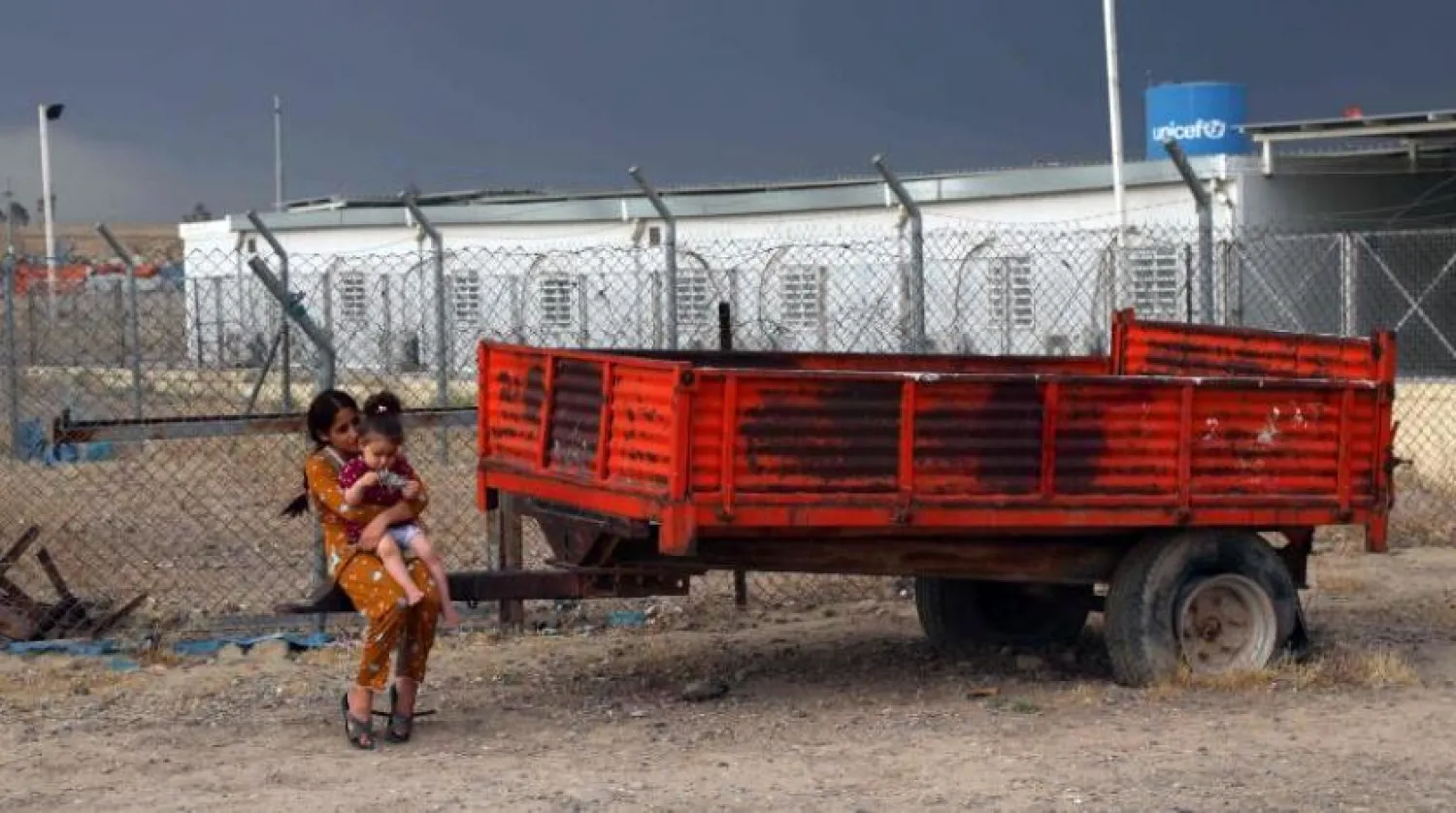A Turkish air strike killed at least three people and injured others on Saturday at a camp for displaced people in northern Iraq, said Rashad Kelani, a Patriotic Union of Kurdistan party official.
The strike on the camp housing thousands of Kurdish refugees from Turkey took place three days after Turkish President Recep Tayyip Erdogan warned Iraq that Turkey would "clean up" a refugee camp which it says provides a haven for Kurdish militants.
An Iraqi security official, who spoke on condition of anonymity, confirmed an air strike had killed and injured people in the camp but did not give details.
Turkish forces have stepped up attacks on bases of the outlawed Kurdistan Workers Party (PKK) inside northern Iraq over the last year, focusing their firepower and incursions mainly on a strip of territory up to 30 km (about 20 miles) inside Iraq.
Erdogan said on Thursday that Makhmour, a camp 180 km south of the Turkish border which has hosted thousands of Turkish refugees for more than two decades, was an "incubator" for militants and must be tackled.
The camp was established in the 1990s when thousands of Kurds from Turkey crossed the border in a movement Ankara says was deliberately provoked by the PKK.
The PKK, designated a terrorist organization by the United States and European Union, has fought an insurgency against the state in mainly Kurdish southeast Turkey since 1984. More than 40,000 people have been killed in the conflict.
Makhmour was targeted by Turkish air strikes a year ago, although there were no reports of casualties at the time, but a senior Turkish official said it was now a priority for Ankara.
In a separate incident on Saturday, five Iraqi Kurdish Peshmerga fighters were killed and four wounded in an ambush by the PKK in northern Iraq, the ministry of Peshmerga said in a statement early on Saturday.
The clashes took place on Matina mountain in the town of Amedi in the northern Kurdistan Region, the statement said.
The PKK did not immediately comment.









